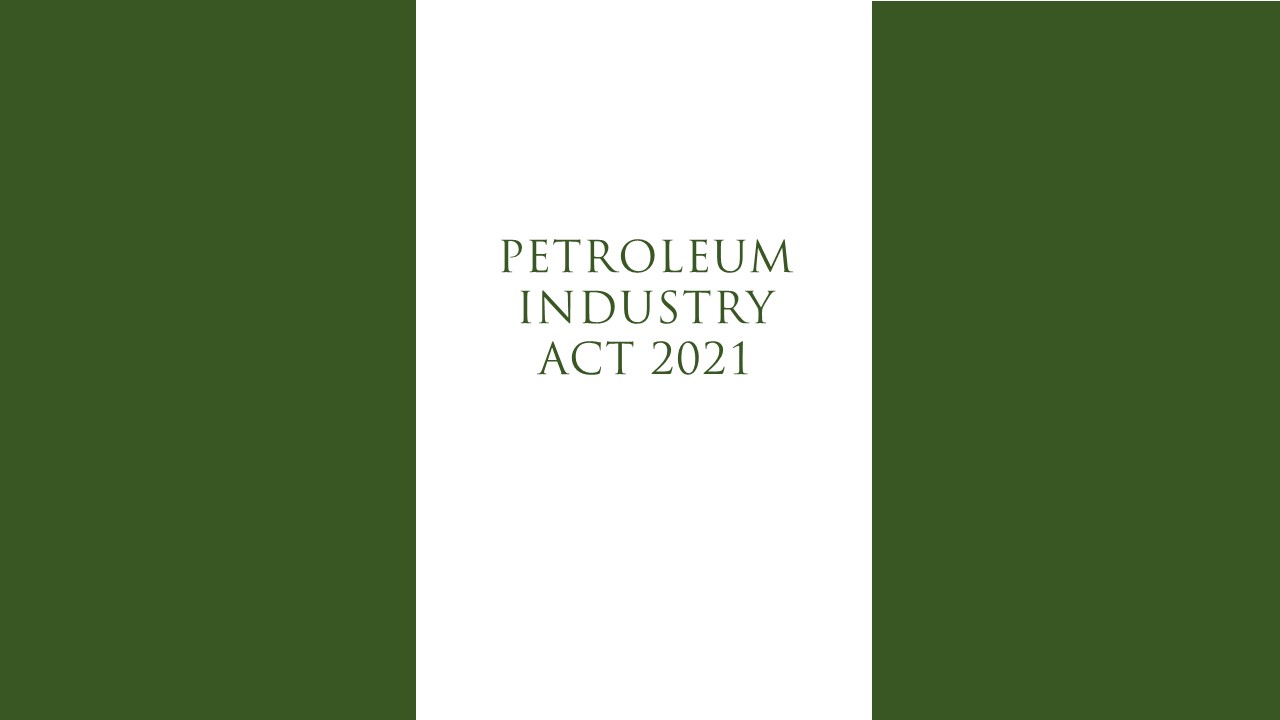The House of Representative’s Committee on the Petroleum Industry Bill (“PIB”) headed by the Chief Whip of the House, Hon. Ishaaka Bawa, held its South-West public hearing on Monday, 22 and Tuesday, 23 April, 2013 at Lagos Airport Hotel.
In attendance were various stakeholders in the petroleum extractive industry, petroleum industry consultants and experts as well as representatives from various government departments.
Although the Committee received a handful of remarks on the first day of hearing (particularly from the Lagos State Government), most representations were left till the hearing’s second day.
A representative from Shell expressed concern that PIB’s fiscal framework did not encourage new investments and if passed as drafted, the country stood the chance of experiencing a decline in deep water explorations.
Also contributing, Engr. Dada Thomas of Frontier Oil Ltd. and Mrs. Catherine Uju Ifejika of Britannia-U Nigeria Ltd. spoke on the Bill being unfavourable to Marginal Field Operators and dis-incentivising gas production. They advocated for better incentives for indigenous operators, a less stringent fiscal framework and an attractive pricing regime for operators involved in gas operations.
Speaking primarily on the Petroleum Host Community Fund, Environmental Rights Action’s Executive Director, Mr. Godwin Ojo, called for a redefinition of Petroleum Host Communities. He suggested the need to expand the category of communities classified as Host Communities. He suggested that Host Communities include all States affected by every aspect of petroleum operations and not just the Niger-Delta states.
Rounding up presentations, the Petroleum Technology Association of Nigeria (PETAN)’s PIB committee chairperson reiterated the general sentiments the Bill had received since its draft was released in July 2012.
Amongst other things, he expressed the need for the Bill to take more local content initiative, restrict the powers of the President as regards discretionary award of licences and leases, merge the regulatory agencies, allow greater transparency in NOC divestment and provide more tax incentives.

